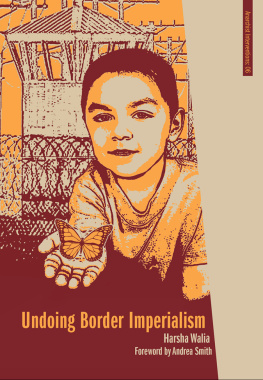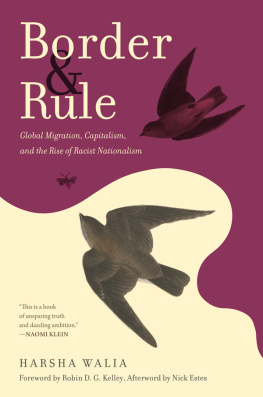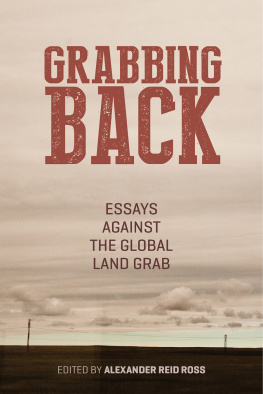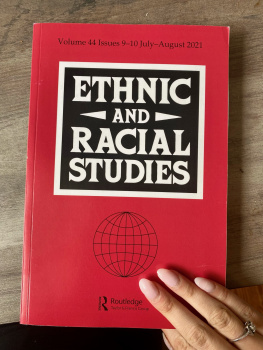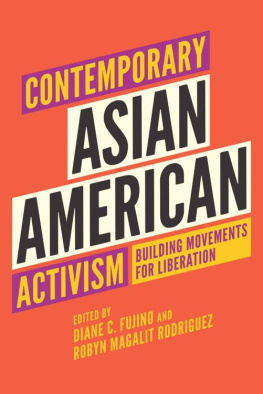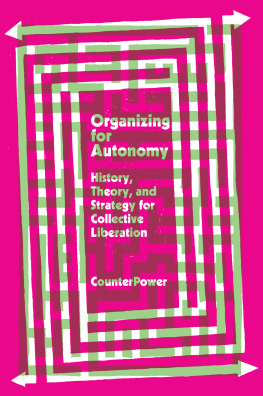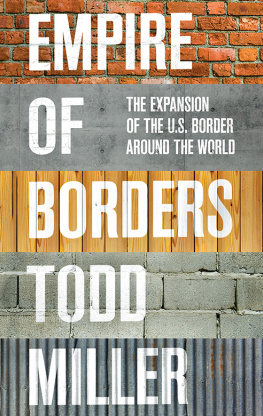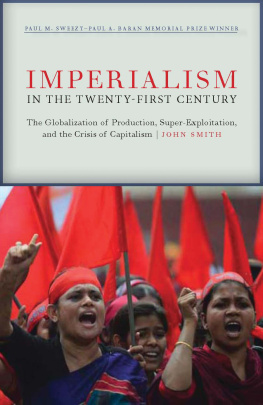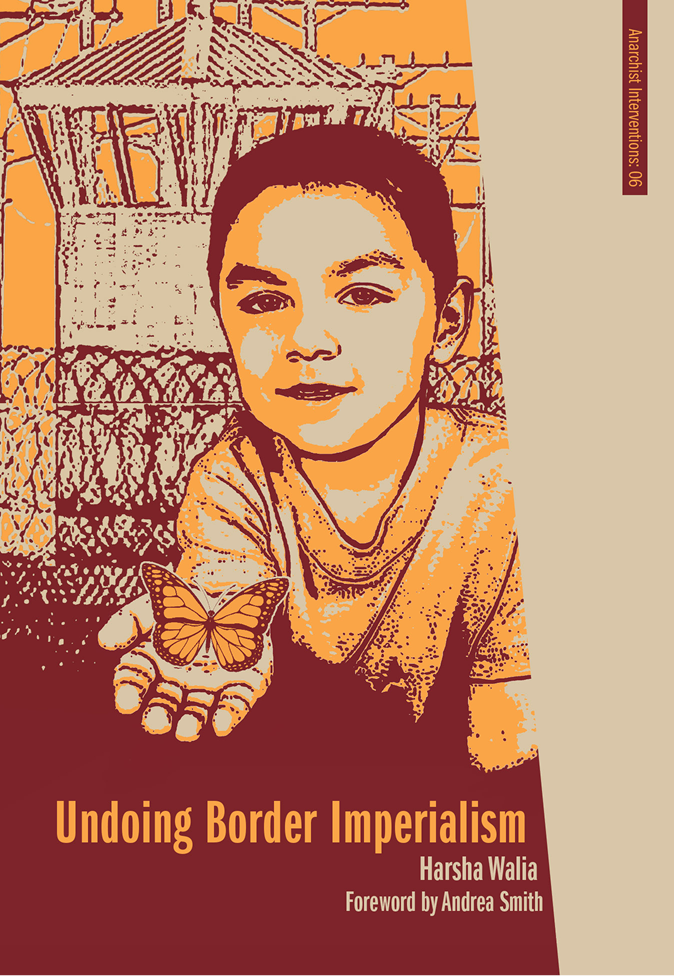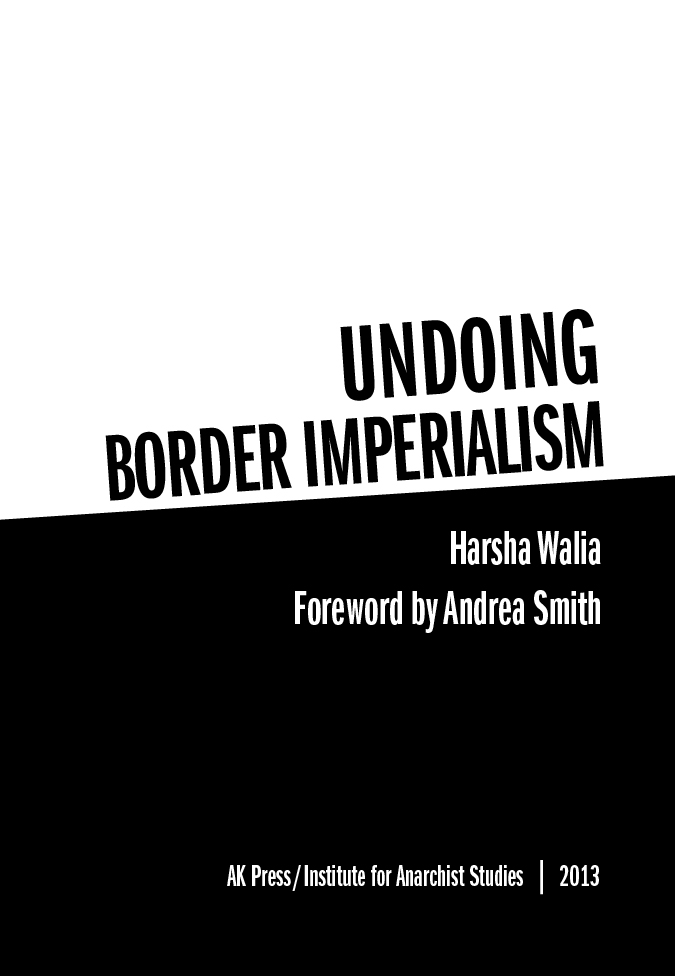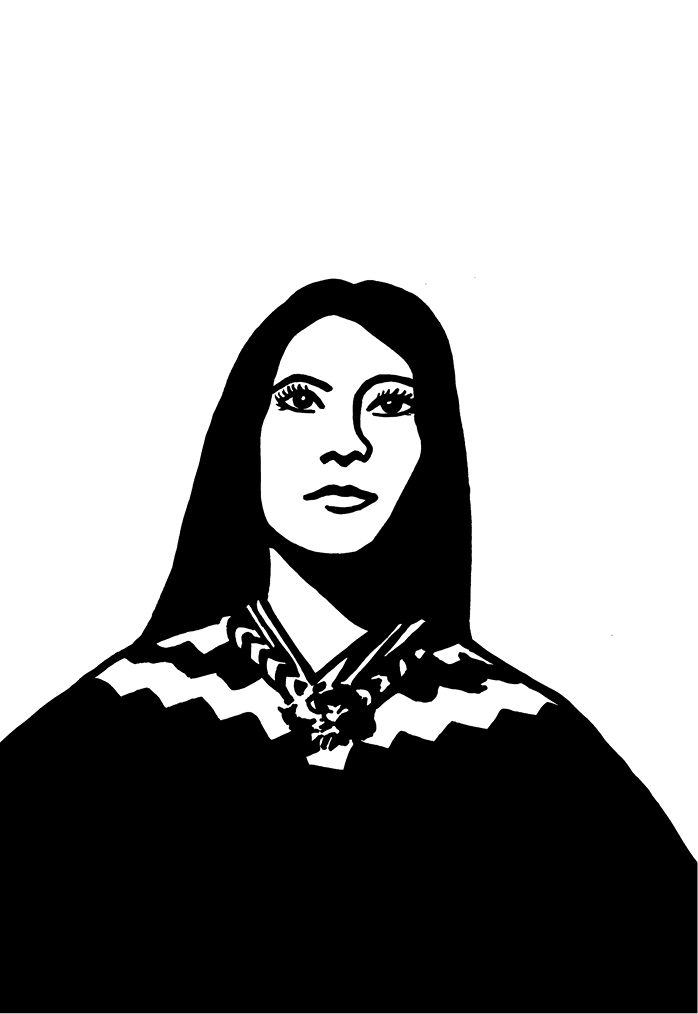Contents
Foreword, Andrea Smith ix
Introduction 1
Pick One, Jessica Danforth
Chile Con Carne, Carmen Aguirre 26
The Bracelet, Adil Charkaoui 28
Imposters, Tara Atluri 30
1 What Is Border Imperialism? 35
The Door of No Return, Leah Lakshmi Piepzna-Samarasinha
Enemy Alien, Lily Yuriko Shinde 85
Grassroots Wetsuweten, Toghestiy, Mel Bazil, and Freda Huson 87
Chronologies, Rafeef Ziadah 90
Seeking Refuge, Karla Lottini 92
2 Cartography of NOII 95
Working alongside Migrant Farmworkers, Aylwin Lo
To Prevent a Deportation, Cecily Nicholson 161
Serendipity, Nassim Elbardouh 164
No Easy Victories, Mostafa Henaway 167
3 Overgrowing Hegemony: Grassroots Theory 171
4 Waves of Resistance Roundtable 205
5 Journeys toward Decolonization 247
Epilogue, Syed Khalid Hussan 277
Notes 285
Foreword
H arsha Walia demonstrates the importance of rearticulating the immigrant rights movement as a struggle against settler colonialism. Within the United States, the immigrant rights movement is gaining traction. These movements, however, often do not question the settler-colonial logics that make immigration an issue to begin with.
For instance, many activists in the United States have organized around the Dream Act, which provides pathways to citizenship for those who attend college or join the military. Immigrant rights thus become articulated at the expense of those who are the victims of US imperialist wars abroad. In addition, while increasingly more people, even conservatives, have started to support easier pathways to citizenship, they do so by simultaneously calling for increased border enforcement. This increased border enforcement then negatively impacts Indigenous nations that straddle the border, such as the Tohono Oodham nation, which has become essentially a US militarized zone.
What remain unquestioned are the capitalist and colonial logics that make immigration an issue in the first place. To begin with, for immigration to be a problem, people must live in a propertied relationship to land. That is, land is a commodity that can be owned and controlled by one group of people. Yet as many Indigenous scholars and activists including Leanne Simpson, Glen Coulthard, Mishuana Goeman, Patricia Monture Angus, and others have pointed out, we all have a responsibility to care for the land that cares for us. Land does not belong to us; we belong to the land. A proprietary understanding of land is what settler colonialists used as the excuse to invade Indigenous nations. Because Indigenous peoples did not individually own the land, they were thought to not be properly developing the land, and hence land could become commodified by settlers.
Second, let us consider even the term immigrant . This term presumes that people must naturally be bound to one place, and if they travel, then they are where they do not belong. Again, many Indigenous scholars and activists have criticized this assumption. Renya Ramirez and Myla Vicenti Carpio have argued that the concept of urban Natives presumes that Indigenous peoples never traveled before colonization; that Indigenous peoples must be in a fixed location. If they go somewhere else, they have left their place of authenticity and are on a one-way road to assimilation.
Indigenous activists have been organizing in Arizona against SB 1070which further criminalizes undocumented peoplesby questioning the immigrant paradigm. On May 21, 2010, Indigenous activists occupied the Border Patrol headquarters at Davis-Monthan Airforce Base in Tucson to protest SB 1070. Among their demands were the following:
On this day people who are indigenous to Arizona join with migrants who are indigenous to other parts of the Western Hemisphere in demanding a return to traditional indigenous value of freedom of movement for all people. Prior to the colonization by European nations (spaniards, english, french) and the establishment of the european settler state known as the United States and the artificial borders it and other european inspired nation states have imposed; indigenous people migrated, traveled and traded with each other without regard to artificial black lines drawn on maps. U.S. immigration policies dehumanize and criminalize people simply because of which side of these artificial lines they were born on. White settlers whose ancestors have only been here at most for a few hundred years have imposed these policies of terror and death on immigrants whose ancestors have lived in this hemisphere for tens of thousands of years, for time immemorial.
In addition, the migration that the U.S. government is attempting to stop is driven more than anything else by the economic policies of the U.S. Free trade agreements such as NAFTA have severely reduced the ability of Mexicans and others from the global south to sustain themselves by permitting corporations to extract huge amounts of wealth and resources from these countries into the U.S. This has led to millions of people risking the terror and death that so many face to cross into the U.S. looking for ways to better support their families. Thousands of women, men, children and elders have died crossing just in the last decade. If the U.S. really wants to reduce migration it should end its policies of exploitation and wealth extraction targeted at the global south and instead pursue policies of economic, environmental and social justice for all human beings on the planet, thus reducing the drive to immigrate.
The protesters are demanding:
An end to border militarization
The immediate repeal of SB1070 and 287g
An end to all racial profiling and the criminalization of our communities
No ethnic cleansing or cultural genocide
No border patrol encroachment/sweeps on sovereign native land
No Deportations
No Raids
No ID verification
No Checkpoints
Yes to immediate and unconditional regularization (legalization) of all people
Yes to human rights
Yes to dignity
Yes to respect
Yes to respecting Indigenous Peoples inherent right of migration.(1)
As their statement indicates, they articulate not migration but the nation-state and its reliance on control and ownership of territory as the problem. They are arguing that immigration is an Indigenous issue because settler colonialism ultimately depends on an exclusivist concept of nation based on control and ownership of land and territory that is demarcated by borders.
Thus, a liberatory vision for immigrant rights is one that is based less on pathways to citizenship in a settler state, than on questioning the logics of the settler state itself.
Harshas very important text shows a way forward for building a holistic movement to oppose anti-immigration oppression. Solidarity work between immigrant peoples, nonimmigrant people of color, and Indigenous peoples must go beyond coalition politics based on the assumption that we are all oppressed. Rather, Harsha asks us to look at how anti-immigrant xenophobia, white supremacy, and settler colonialism are mutually reinforcing in ways that actually prevent us from seeing how these logics are fully connected. Only by doing the kind of careful intellectual and activist work needed to understand how these logics are interrelated can we be in a position to dismantle them.
Andrea Smith

